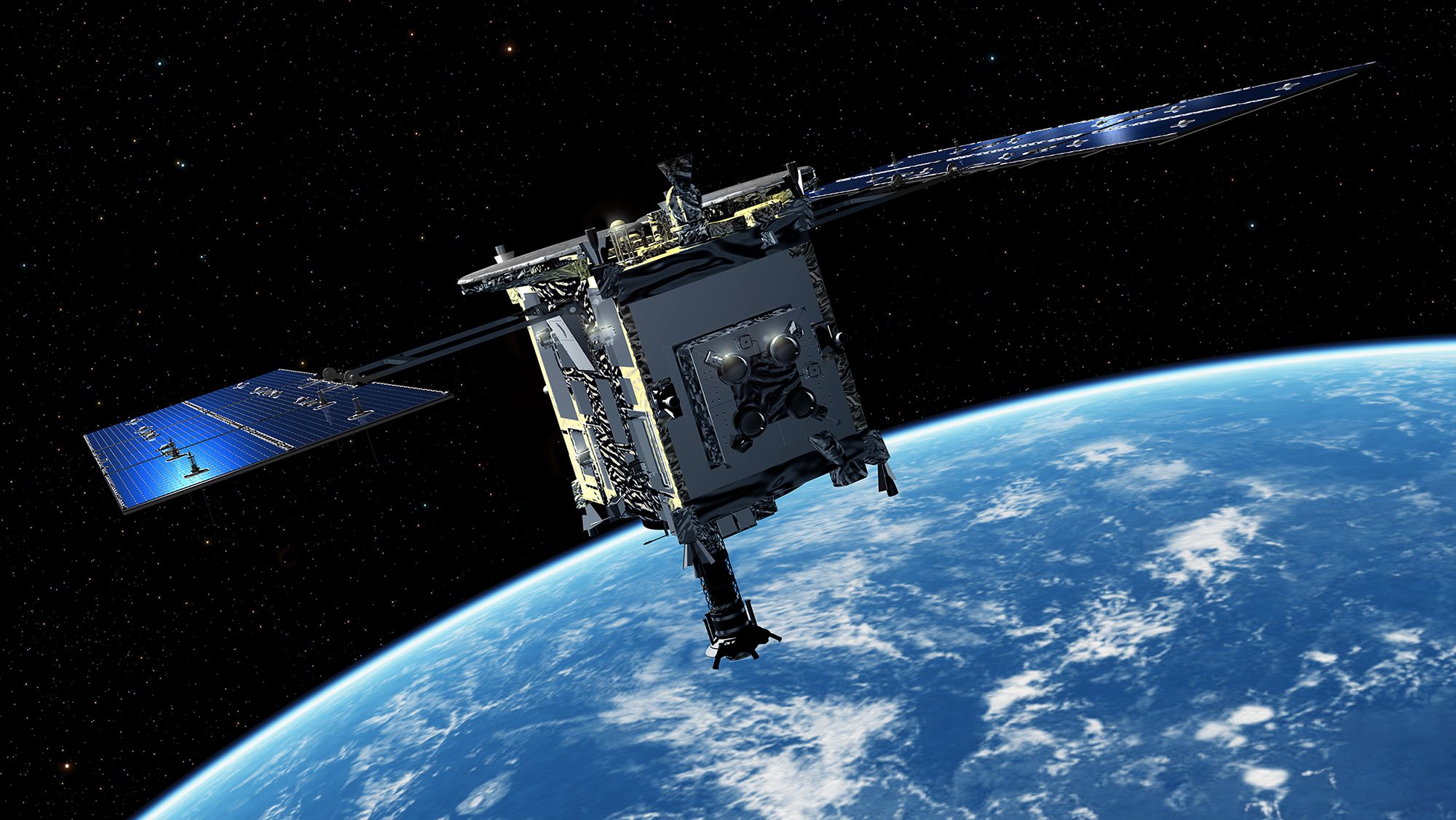The story begins 8 years ago. In 2014, Japan sent the Hayabuso-2 probe into space. The objective? Study the asteroid Ryugu. The plan was carried out, the sample collection was carried out, and two years ago the space probe re-entered Earth orbit. At that time, a capsule was launched with the samples collected in Ryugu and which have been the subject of analysis and study over the years.
Now the latest research, published in the journal Science, reveals a startling fact: there was a drop of water in the 5.4 grams of rocks and dust collected from the asteroid.
“This drop of water has great meaning.” Tomoki Nakamura, the lead scientist, did not hide his joy at the discovery during the press conference. For the researcher at the University of Tokyo, this drop of water could change the way we see the origin of life. “Many scientists believe that the water was brought from outer space, but we discovered water on Ryugu, a near-Earth asteroid, for the first time.”
The drop, Nakamura explained, “was carbonated water containing salt and organic matter.” This is a point in favor of those who defend the hypothesis that, during collisions, asteroids may have brought water to Earth, with salt and organic matter, added the scientist who leads a team of 150 people of different nationalities.
“We found evidence that this could be directly related, for example, to the origin of the oceans or organic matter on Earth,” Nakamura concluded.
According to Nikkei Asia, the drop of water was discovered in an iron sulfate crystal carving and is estimated to be 4.6 billion years old. The Ryugu samples will continue to be studied.
Source: Observadora
